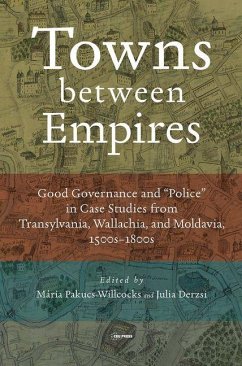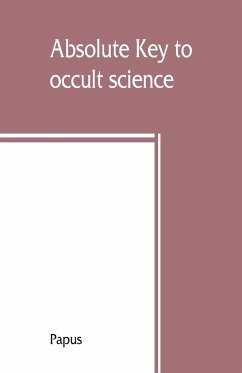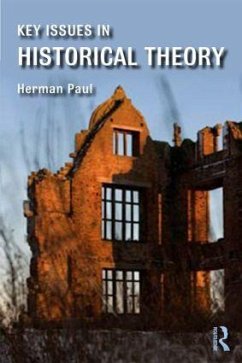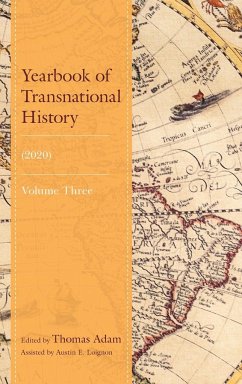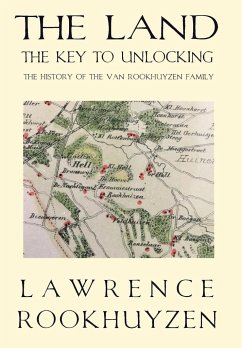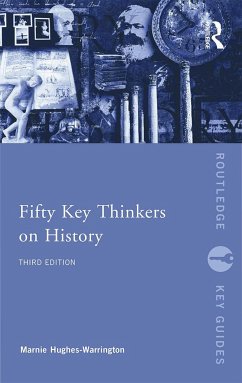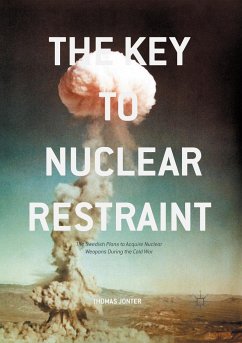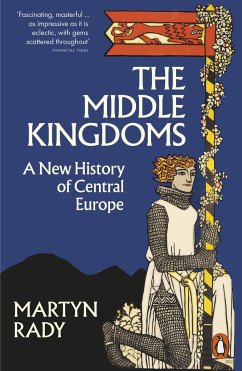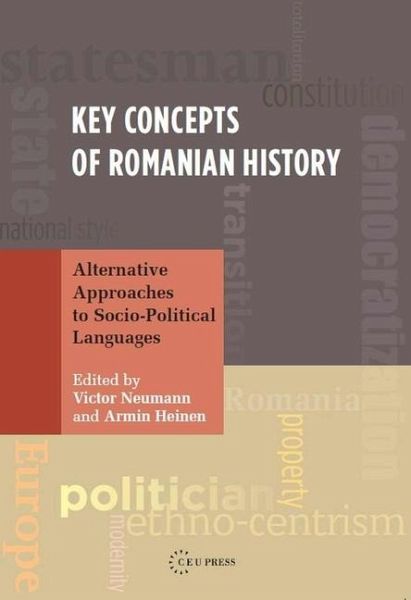
Key Concepts of Romanian History
Alternative Approaches to Socio-Political Languages
Herausgeber: Neumann, Victor; Heinen, Armin
Versandkostenfrei!
Versandfertig in über 4 Wochen
144,99 €
inkl. MwSt.

PAYBACK Punkte
72 °P sammeln!
The theoretical analyses and interpretations contained in the studies of this volume focus on key-concepts such as: politics, politician, democracy, Europe, liberalism, constitution, property, progress, kinship, nation, national character and specificity, homeland, patriotism, education, totalitarianism, democracy, democratic, democratization, transition. The essays unveil specific aspects belonging to Romania's past and present. They also offer alternative perspectives on the Romanian culture through the relationship between the elite and society, and novel reflections on the delayed and unfi...
The theoretical analyses and interpretations contained in the studies of this volume focus on key-concepts such as: politics, politician, democracy, Europe, liberalism, constitution, property, progress, kinship, nation, national character and specificity, homeland, patriotism, education, totalitarianism, democracy, democratic, democratization, transition. The essays unveil specific aspects belonging to Romania's past and present. They also offer alternative perspectives on the Romanian culture through the relationship between the elite and society, and novel reflections on the delayed and unfinished modernization processes within the society and the state. The editors articulate the results coming from various sciences, such as history, linguistics, sociology, political sciences, and philosophy with the aim that the past and present profiles of Romania are better understood.




